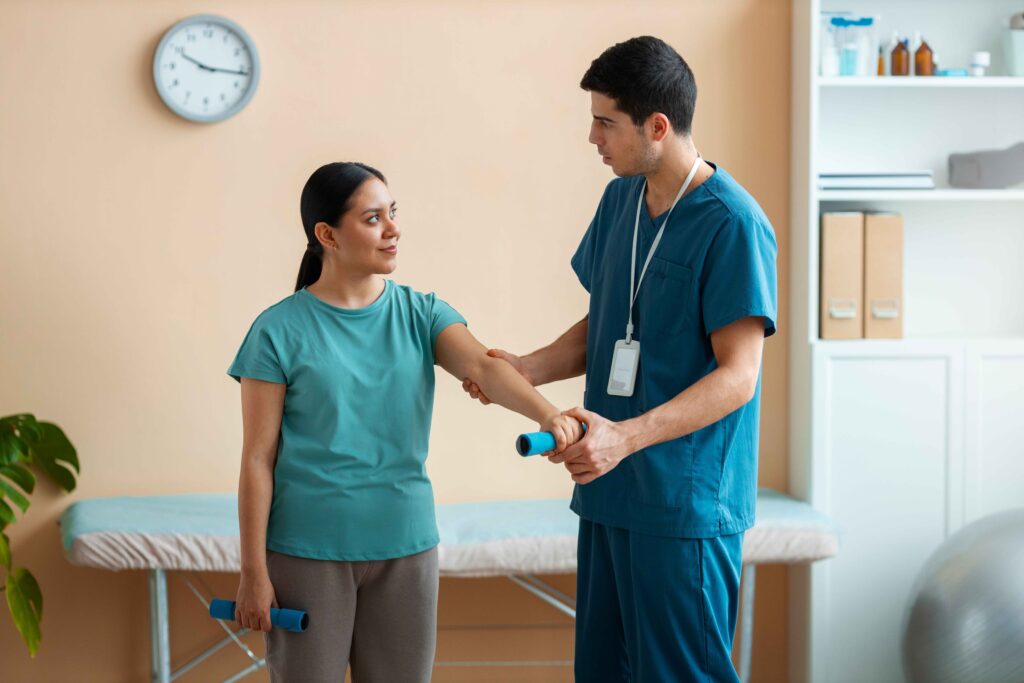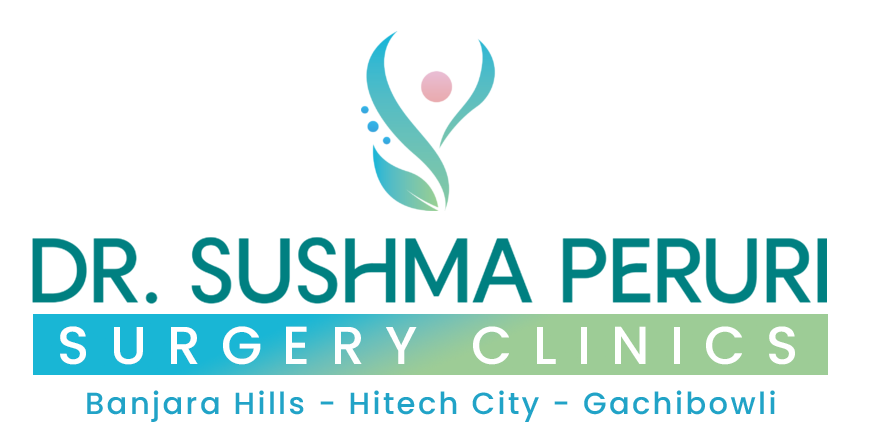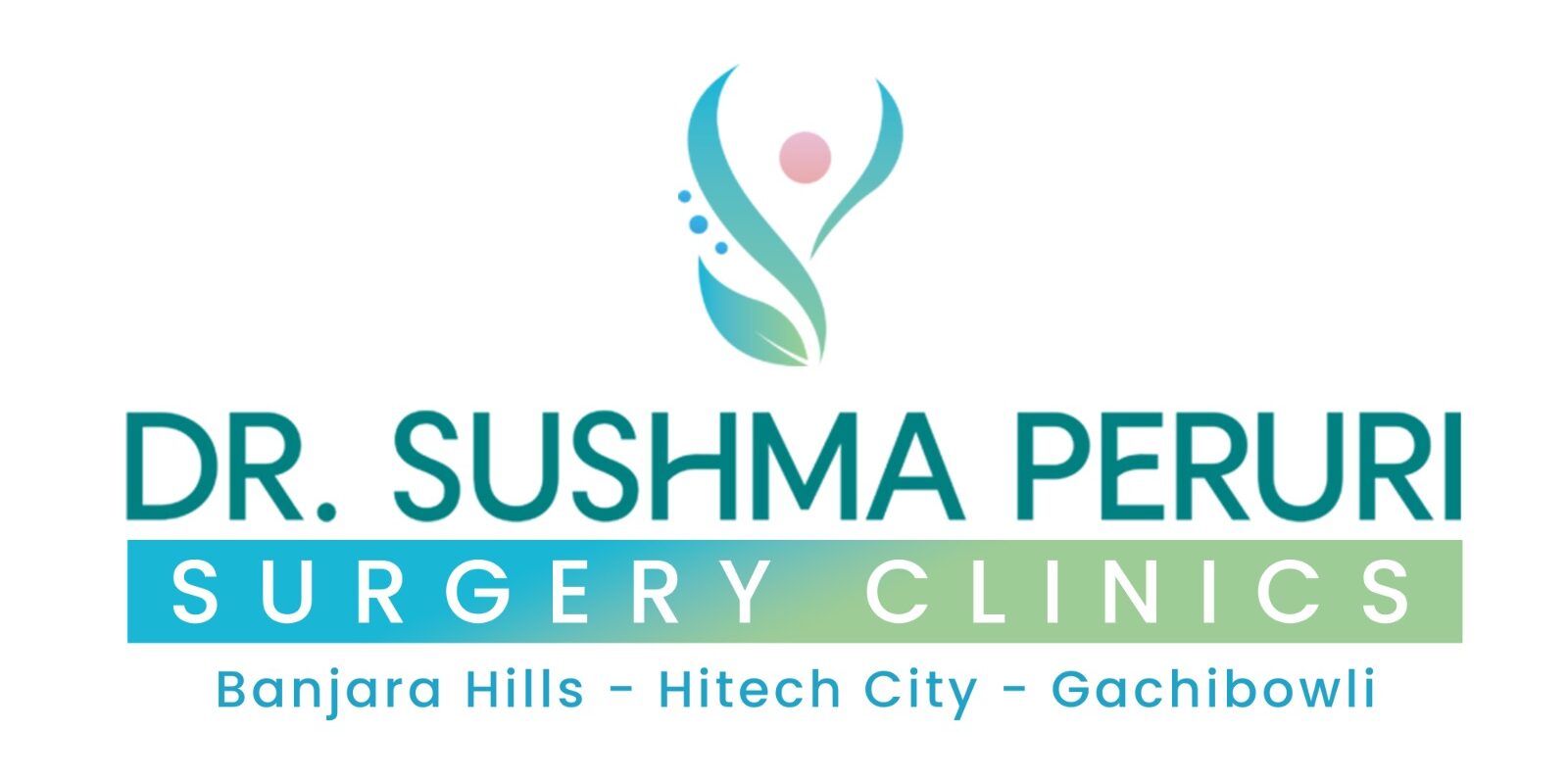Fistula Surgery Recovery - Easy Tips for Fast Healing
Fistula surgery is a crucial step in treating an anal fistula, a condition that can cause discomfort, infection, and other complications. Recovery from fistula surgery is an important phase that requires proper care and understanding to ensure a smooth healing process. In this guide, we will explore everything you need to know about fistula surgery recovery, including post-operative care, healing times, diet, and tips for minimizing discomfort.
What to Expect After Fistula Surgery
Recovery from fistula surgery can vary based on the type of surgery performed and the patient’s overall health. Here’s what you can expect during the recovery process:
Immediate Post-Surgery Period
- After surgery, you may experience some pain and discomfort, which is normal Your surgeon will prescribe pain relief medication to help manage it.
- You may also have a drainage dressing at the surgical site, as there may be some fluid discharge during the initial days.
- It’s important to follow your doctor’s instructions on keeping the area clean and dry to avoid infection.
Recovery Timeframe
- In most cases, complete recovery from fistula surgery takes about 4 to 8 weeks. Healing time can vary depending on the size and location of the fistula, the type of surgery performed, and your body’s healing capacity.
- In some cases, the use of a seton (a medical thread left in the fistula to help drainage) may require a longer recovery period.
- You will have follow-up visits to monitor the healing process, and in case of any complications, your doctor may recommend additional treatment.

Post-Surgery Care for Fistula Recovery
Proper care during fistula surgery recovery is essential to prevent complications and ensure faster healing. Here are some key post-surgery care tips:
Wound Care
- Keep the surgical area clean by gently washing it with warm water after each bowel movement. Steer clear of using strong soaps or excessively massaging the region.
- Change the dressing as recommended by your doctor, and ensure that the area stays dry to prevent infection.
- Sit in a warm sitz bath for 10 to 15 minutes several times a day to relieve pain and promote healing. This helps reduce swelling and cleanses the wound area.
Pain Management
- Pain and discomfort are common after surgery, but they can be managed with over-the-counter pain relievers like ibuprofen or prescribed medications from your doctor.
- Avoid sitting for long periods, as this can increase pressure on the surgical site. Use cushions or soft seating when needed.
Dietary Adjustments
- Eating a high-fiber diet is crucial during recovery. Fiber helps soften stool, making bowel movements easier and reducing the strain on the anal area. Add items such as legumes, whole grains, fruits, and veggies.
- Drink plenty of water to keep your body hydrated and to prevent constipation.
- Your doctor may recommend stool softeners to further reduce straining during bowel movements.
Activity Restrictions
- During the recovery period, avoid heavy lifting, strenuous activities, and long periods of sitting. This will help avoid any unnecessary pressure on the surgical site.
- Take short walks to encourage blood circulation, which promotes healing, but listen to your body and avoid overexertion.
Signs of Infection or Complications
While fistula surgery is generally successful, there are some risks of complications, such as infection, abscesses, or recurrence of the fistula. It’s important to watch out for these signs and contact your doctor immediately if you experience any of the following:
- Fever or chills – This may indicate an infection.
- Increased pain, swelling, or redness – These symptoms could be signs of an infection or abscess formation.
- Pus or foul-smelling discharge – While some drainage is normal, excessive or foul-smelling discharge should be checked by a doctor.
- Bleeding – Mild bleeding is normal right after surgery, but excessive or prolonged bleeding is a concern.
- Delayed Healing – If you notice that the wound isn’t healing or seems to be worsening, it could be a sign that the fistula is recurring or that another issue is present.
Returning to Normal Activities
Most patients can return to their normal activities within 1 to 2 weeks after fistula surgery, depending on the type of surgery and individual healing speed. However, certain precautions should be taken to ensure the best recovery:
- Work – Light work or desk jobs can usually be resumed within 1-2 weeks, but jobs requiring heavy lifting or long periods of sitting may require a longer break.
- Exercise – Light walking is encouraged during recovery, but avoid intense physical activities, heavy lifting, or sports for about 4-6 weeks.
- Sexual Activity – It’s recommended to avoid sexual activity until the wound is fully healed. Consult your doctor for specific advice on resuming sexual activity.
Tips for a Faster and Smooth Recovery
While every individual’s recovery process varies, here are some tips to speed up the healing process:
- Follow your doctor’s instructions carefully regarding wound care, medication, and follow-up visits.
- Stay hydrated and maintain a healthy diet rich in fiber to avoid constipation.
- Take short, regular walks to improve circulation and prevent stiffness.
- Use a cushion when sitting for long periods to reduce pressure on the surgical site.
- Be patient – complete healing can take time, and it’s important to avoid rushing back into regular activities before your body is ready.
When to Contact Your Doctor
While most patients experience a smooth recovery after fistula surgery, you should reach out to your healthcare provider if:
- The pain is worsening rather than improving.
- You notice signs of infection, such as swelling, fever, or excessive drainage.
- You experience difficulty passing stool or painful bowel movements.
- The fistula recurs or new symptoms appear.
Conclusion
Fistula surgery recovery requires careful attention to wound care, diet, and activity levels to ensure optimal healing. By following your doctor’s instructions and taking the necessary precautions, you can recover smoothly and reduce the chances of complications. It’s important to be aware of potential signs of infection and to seek medical help if any concerns arise during the recovery period. With the right care, you can look forward to a full recovery and return to normal activities.


